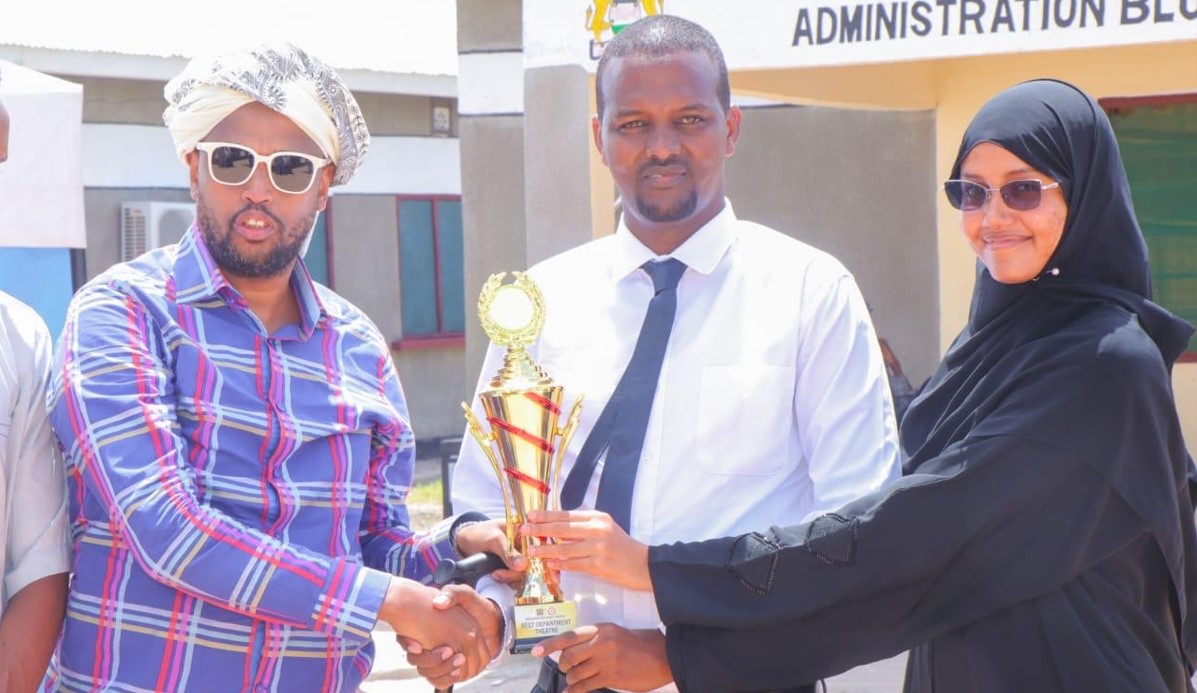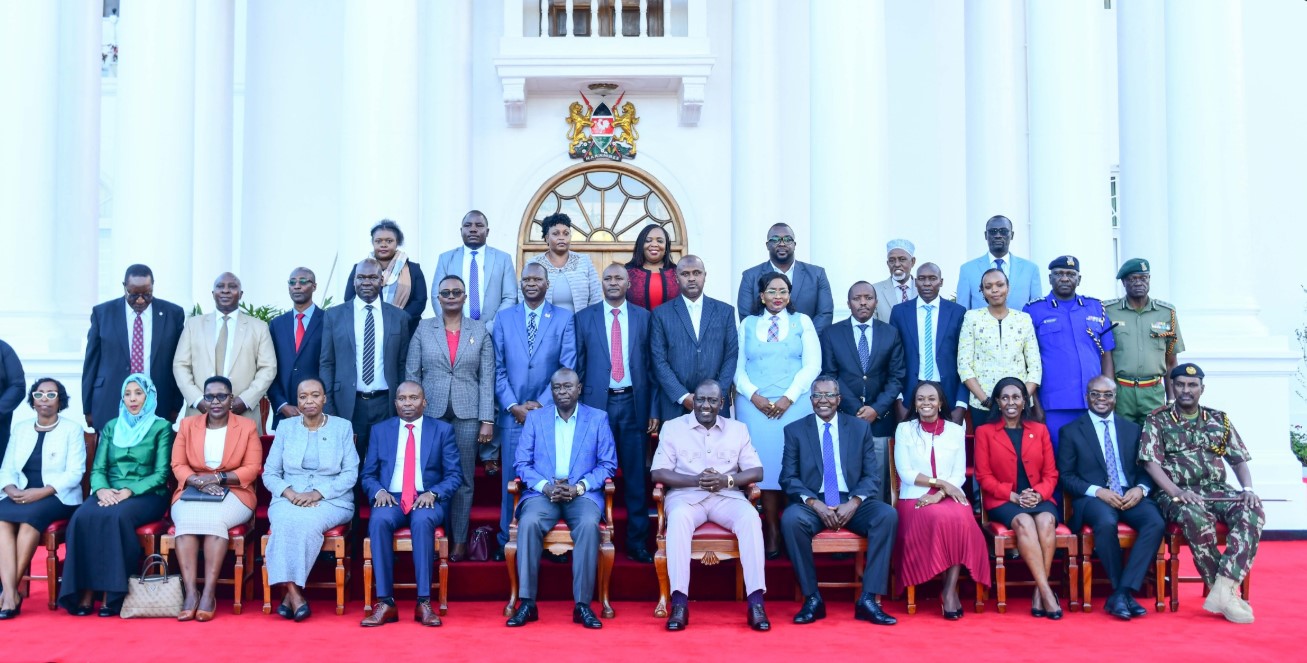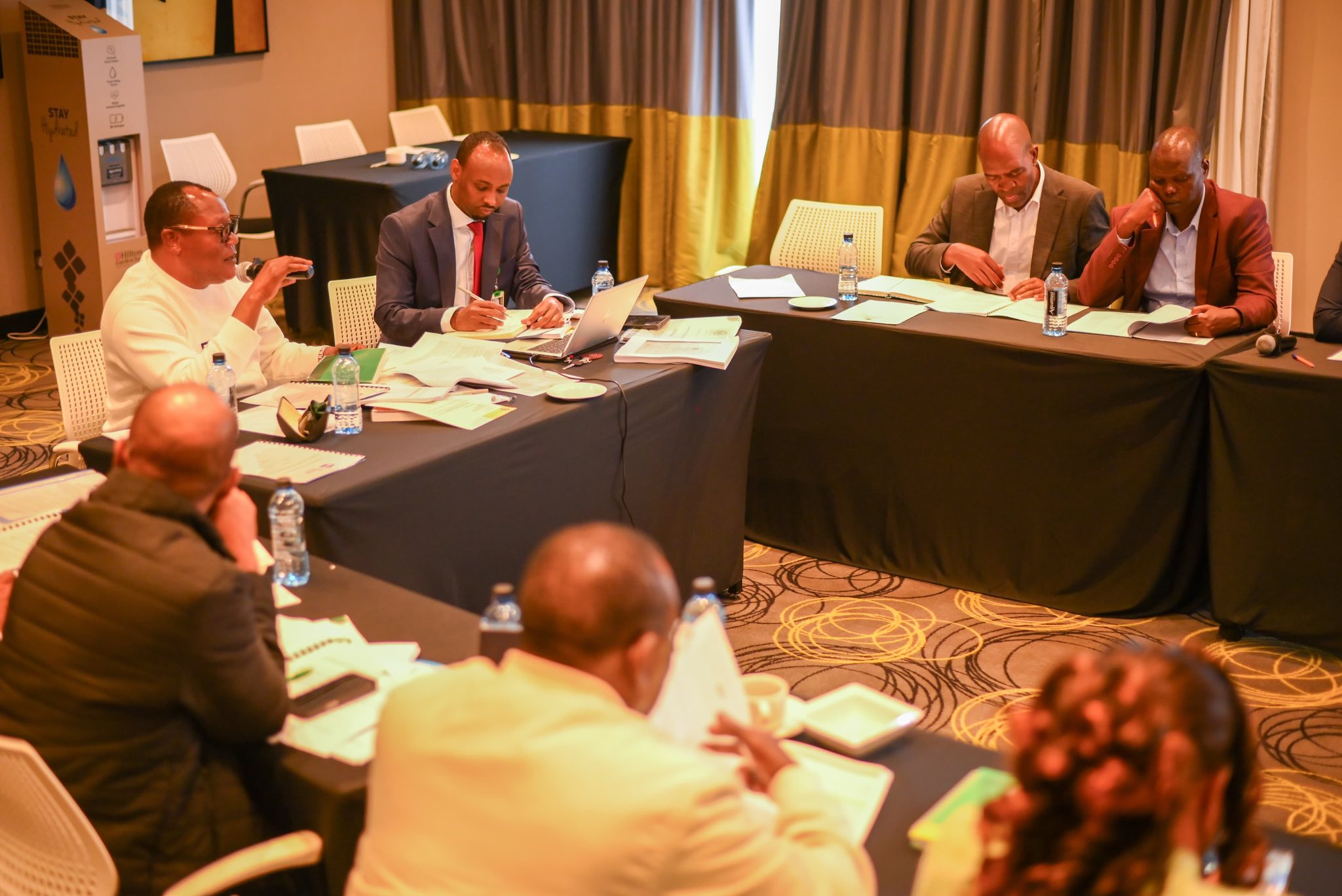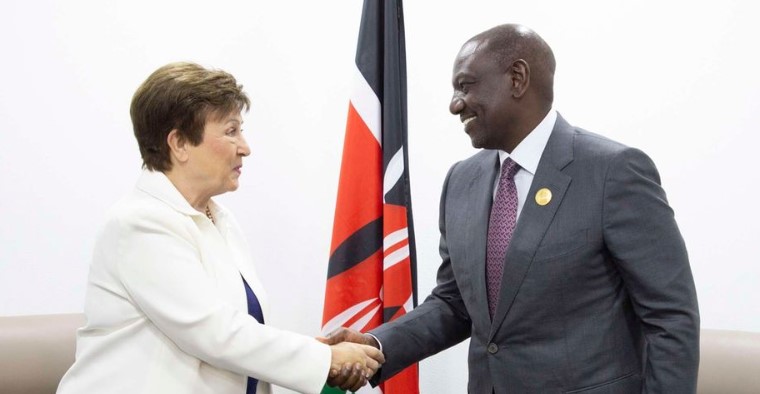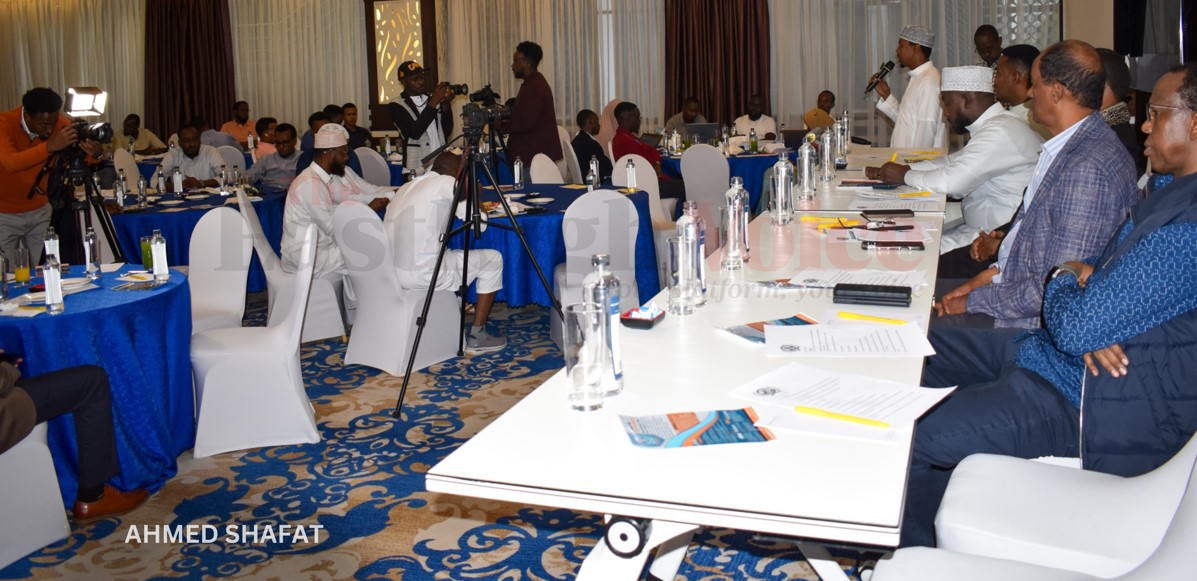Labour Ministry under fire as woman with invisible disabilities says she’s been denied work for 10 years
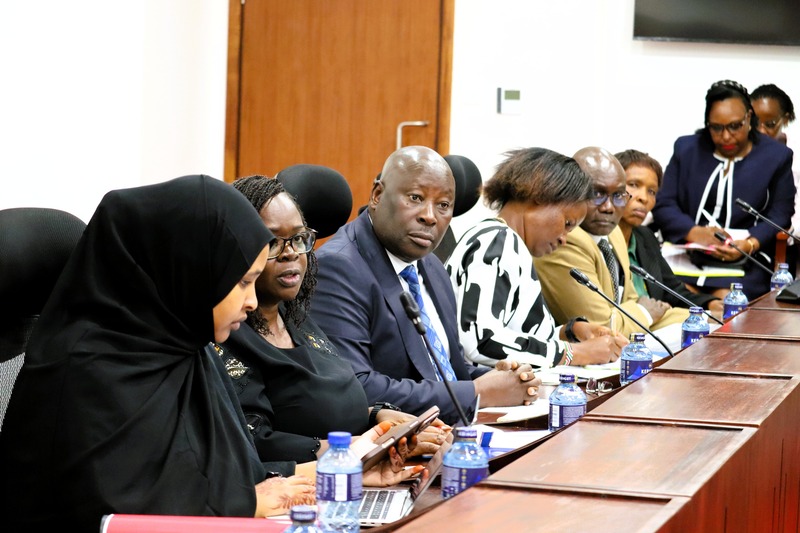
Likiwop, who has lived with these conditions for many years, revealed that while the new Social Health Authority covers consultations, it does not cover her daily medication, which costs Sh450. She decried that this has left her struggling to afford essential treatment.
The Ministry of Labour and Social Protection is under scrutiny for failing to adequately address the needs of persons with invisible disabilities, following a revelation in the Senate by a 56-year-old woman who claimed that she has been denied employment for over a decade solely because of her health condition.
Beatrice Likiwop, who lives with Status Epilepticus, Bradycardia and Fibromyalgia, told Senators that every time she discloses her condition during job applications, she is automatically disqualified, a pattern that has persisted since she turned 46.
More To Read
“For 10 years, I have been looking for work. Since I was 46 and I am now 56. Whenever I disclose my disability, I am no longer considered,” she said.
Status Epilepticus, Bradycardia, and Fibromyalgia are serious chronic conditions that significantly impact a person’s health and ability to function, despite often being invisible to others.
Status Epilepticus involves prolonged or repeated seizures that can lead to brain damage or death if not treated urgently. Bradycardia refers to an abnormally slow heart rate, which may cause fainting, fatigue and even heart failure. Fibromyalgia is a long-term condition marked by widespread muscle pain, extreme fatigue and cognitive difficulties.
The testimony came during a session of the Senate Committee on Labour and Social Welfare, chaired by West Pokot Senator Julius Murgor, where the Ministry was grilled over its failure to provide adequate support for persons with invisible disabilities (PWIDs).
Likiwop, who has lived with these conditions for many years, revealed that while the new Social Health Authority covers consultations, it does not cover her daily medication, which costs Sh450. She decried that this has left her struggling to afford essential treatment.
“I have no job, no consistent medicine, no support system, yet I am told I do not qualify,” she said.
She also challenged the government’s five per cent employment quota for persons with disabilities, arguing that despite the policy, her experience suggests that invisible disabilities are not being accommodated.
The Ministry had cited the existence of a disability-friendly job portal and tax exemptions as efforts to promote employment, but Likiwop said these measures have not helped her secure work.
On the issue of social protection, Likiwop questioned why she has been excluded from the Cash Transfer Programme for Persons with Severe Disabilities, despite her debilitating condition and lack of income.
Following her revelation, senators said Likiwop’s experience highlighted a stark disconnect between policy pronouncements and the lived realities of Kenyans with conditions that are not outwardly visible.
They noted that her testimony exposed major gaps in the government’s response to invisible disabilities, particularly in the areas of employment, healthcare access, and social protection.
They criticised the Ministry’s policy framework, lamenting that it was detached from the urgent needs faced by individuals living with invisible conditions.
Social Protection Principal Secretary Joseph Motari defended the government’s efforts, citing the 2022 Disability Medical Assessment and Categorisation Guidelines and various support programmes.
However, senators were unconvinced that the frameworks were effective in addressing the immediate challenges experienced by people like Likiwop.
“This presentation is futuristic. It lacks timelines, whereas those with invisible disabilities are struggling to navigate daily life,” Nominated Senator Beth Syengo said, expressing frustration with the Ministry’s vague and abstract proposals.
Nominated Senator Gloria Orwoba also questioned the real impact of the 2022 guidelines, arguing whether healthcare providers across the country had been adequately sensitised to the challenges faced by those with invisible disabilities.
Meanwhile, Likiwop proposed the introduction of a medical identification bracelet for individuals with invisible disabilities. She explained that during her epileptic episodes, bystanders often respond inappropriately, sometimes offering her water or milk, which can be dangerous.
Nominated Senator Crystal Asige supported the idea, urging the Ministry to bring together relevant stakeholders to develop effective identification tools that could improve safety for persons with invisible conditions.
“You need to get enough people in a room and come up with creative solutions. This isn’t just a medical need, it’s about safety and dignity,” she said.
She also expressed concern over the Social Protection Bill currently before the National Assembly, which she described as nearly silent on disability inclusion, especially for those with invisible disabilities.
Throughout the Ministry’s presentation, Senators lamented that key responsibilities were shifted to other government departments, with the Ministry of Health frequently being cited as “better placed” to handle issues such as medication access and first aid protocols. They raised questions over the lack of accountability and coordination between ministries.
The committee was informed that the Health Cabinet Secretary is expected to appear before the Committee on May 8 to address the concerns raised regarding invisible disabilities.
Top Stories Today



